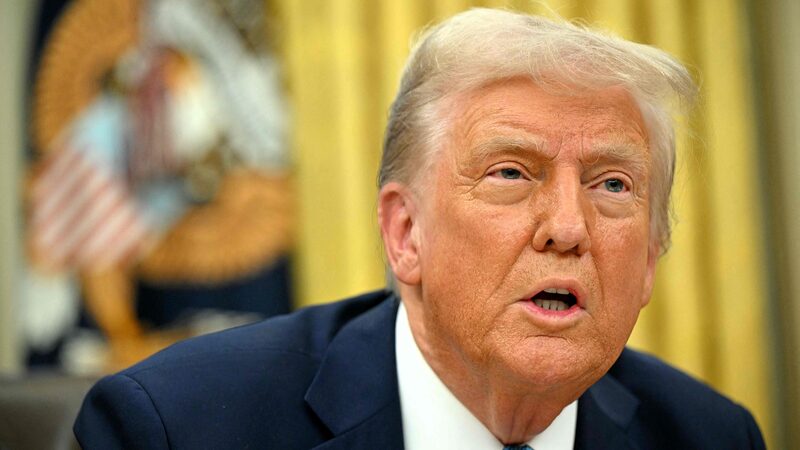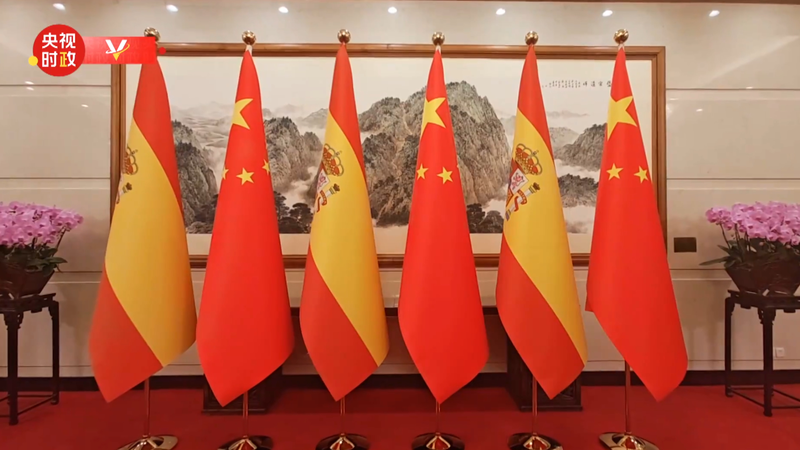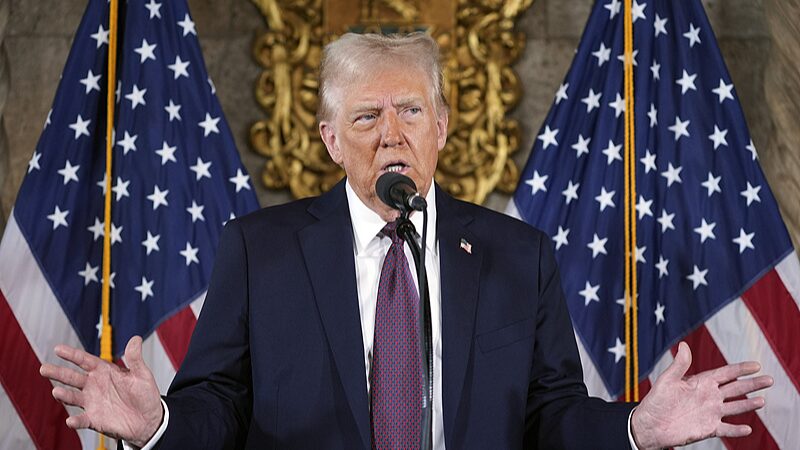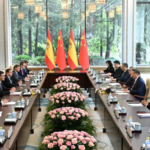In a strategic pivot for international cinema, China and Spain have strengthened cultural ties with a new film cooperation agreement, while Hollywood faces uncertainty amid escalating trade tensions. The memorandum of understanding (MOU), signed during Spanish Prime Minister Pedro Sanchez’s recent visit to China, outlines plans for joint film festivals, co-productions, and talent exchanges between the two nations.
A Diplomatic Contraste/h3>
The China-Spain collaboration arrives as Beijing announced plans to “moderately reduce” U.S. film imports – a decision linked to Washington’s recent tariff hikes on Chinese goods. Market analysts suggest the move reflects both economic strategy and shifting audience preferences, with a China Film Administration spokesperson stating the adjustment “follows market principles.”
Hollywood’s Financial Fallout
The policy shift sent shockwaves through U.S. media stocks, with Disney shares dropping 6.79% and Warner Bros. Discovery plummeting 12.53% after the announcement. This market reaction underscores China’s influence as the world’s second-largest film market, where American films once dominated 80% of foreign releases between 2018-2019, generating over $2.7 billion.
The Bigger Trade Picture
The film industry realignment mirrors broader global trade dynamics. As European Commission President Ursula von der Leyen warns of potential retaliatory measures against U.S. tech giants, China’s cultural diplomacy with Spain highlights an alternative approach. “This partnership demonstrates China’s commitment to sustained openness,” remarked one industry observer, noting plans to expand collaboration to technology and green energy sectors.
With Chinese Premier Li Qiang emphasizing multilateral cooperation during Sanchez’s visit, the film agreement signals evolving opportunities for global cultural and economic partnerships amid rising geopolitical challenges.
Reference(s):
China's silver screen pivot: Why U.S. tariff policy is to blame
cgtn.com








